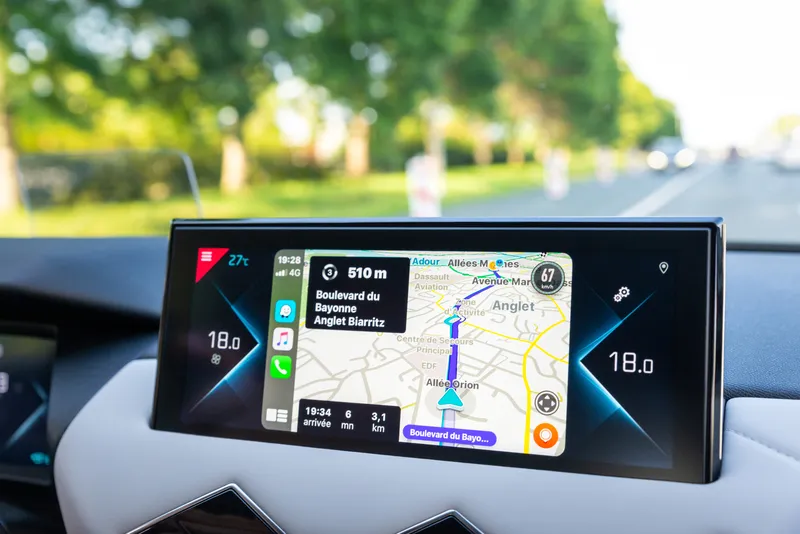With the aim of reducing the cost of congestion, Oxfordshire County Council and Waze, the free, real-time crowd-sourced satellite navigation app, are teaming up to improve urban mobility.
Following in the footsteps of Transport for London, Oxfordshire County Council is the second UK Connected Citizens Partner (CCP) with Waze. In a bid to speed up journey times and ease traffic hotspots, CCP is designed as a free, two-way data exchange that empowers municipalities to harness real-time driver insights to i
March 24, 2017
Read time: 1 min
With the aim of reducing the cost of congestion, Oxfordshire County Council and 6897 Waze, the free, real-time crowd-sourced satellite navigation app, are teaming up to improve urban mobility.
Following in the footsteps of1466 Transport for London, Oxfordshire County Council is the second UK Connected Citizens Partner (CCP) with Waze. In a bid to speed up journey times and ease traffic hotspots, CCP is designed as a free, two-way data exchange that empowers municipalities to harness real-time driver insights to improve congestion and make better-informed planning decisions.
Following in the footsteps of









